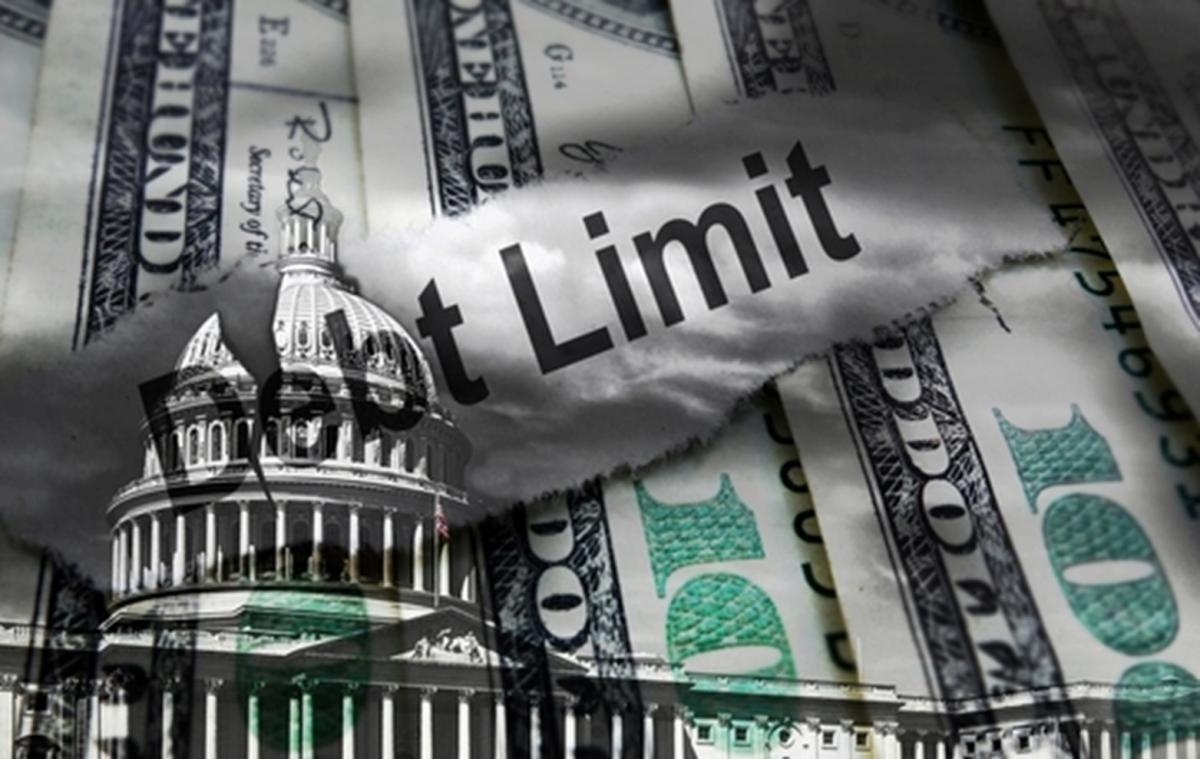
Acting with a sense of urgency to avoid a first-ever federal debt default, the U.S. Senate late June 1 approved legislation to suspend the federal debt limit until 2025, clearing the measure for presidential signature, expected today.
 The Senate vote on the Fiscal Responsibility Act of 2023 (H.R. 3746) was 63-36, with 16 Republicans voting in support of the legislation, while four Democrats voted against it. Many members from both parties expressed displeasure over the agreement, but voted in favor of it anyway over the fear of what might happen if the federal government were to actually default.
The Senate vote on the Fiscal Responsibility Act of 2023 (H.R. 3746) was 63-36, with 16 Republicans voting in support of the legislation, while four Democrats voted against it. Many members from both parties expressed displeasure over the agreement, but voted in favor of it anyway over the fear of what might happen if the federal government were to actually default.
During the Senate debate, 11 amendments were offered to the legislation, but all were defeated. If the Senate were to amend the bill, that would have delayed the process further because that would have forced the House to reconsider the measure.
The House had approved the legislation one day earlier on May 31 on a bipartisan vote of 314-117, with 71 Republicans and 46 Democrats voting against the bill.
“No one gets everything they want in a negotiation, but make no mistake: this bipartisan agreement is a big win for our economy and the American people,” President Biden said in a statement following Senate passage, adding that it “safeguards peoples’ health care and retirement security, protecting bedrock programs like Social Security, Medicare, and Medicaid.”
In the end, it was a rather anticlimactic episode after months of finger pointing and worry about what would happen to the economy if the federal government engaged in its first ever default, which the latest estimates pegged June 5 as the critical deadline. The deal that was worked out last weekend between President Biden and House Speaker Kevin McCarthy (R-CA) was what cleared the way for enactment.
Under the legislation, the debt limit is suspended through Jan. 1, 2025. On Jan. 2, 2025, the debt limit would be raised by the total amount of obligations incurred up to that point. In addition, the measure includes provisions to:
- Establish statutory caps on discretionary funding for fiscal years 2024 and 2025 that would be enforced by sequestration;
- Set limits on most discretionary funding for each year from 2026 through 2029 that would be enforced using the Congress’ procedures for considering budgetary legislation;
- Rescind certain funds provided to the IRS, as well as unspent COVID relief fund; and
- Modify work requirements for the Supplemental Nutrition Assistance Program (SNAP) and Temporary Assistance for Needy Families (TANF).
Overall, the Congressional Budget Office estimates that, based on the caps on discretionary funding for 2024 and 2025, budget deficits would be reduced by about $1.5 trillion over the 2023–2033 period. Reductions in projected discretionary outlays would amount to $1.3 trillion over the 2024–2033 period. Mandatory spending is projected to decrease by $10 billion and revenues would decrease by $2 billion over the 2023–2033 period. As a result, interest on the public debt would decline by $188 billion.
Additional details on what was included in the debt limit legislation can be found here.
- Log in to post comments
